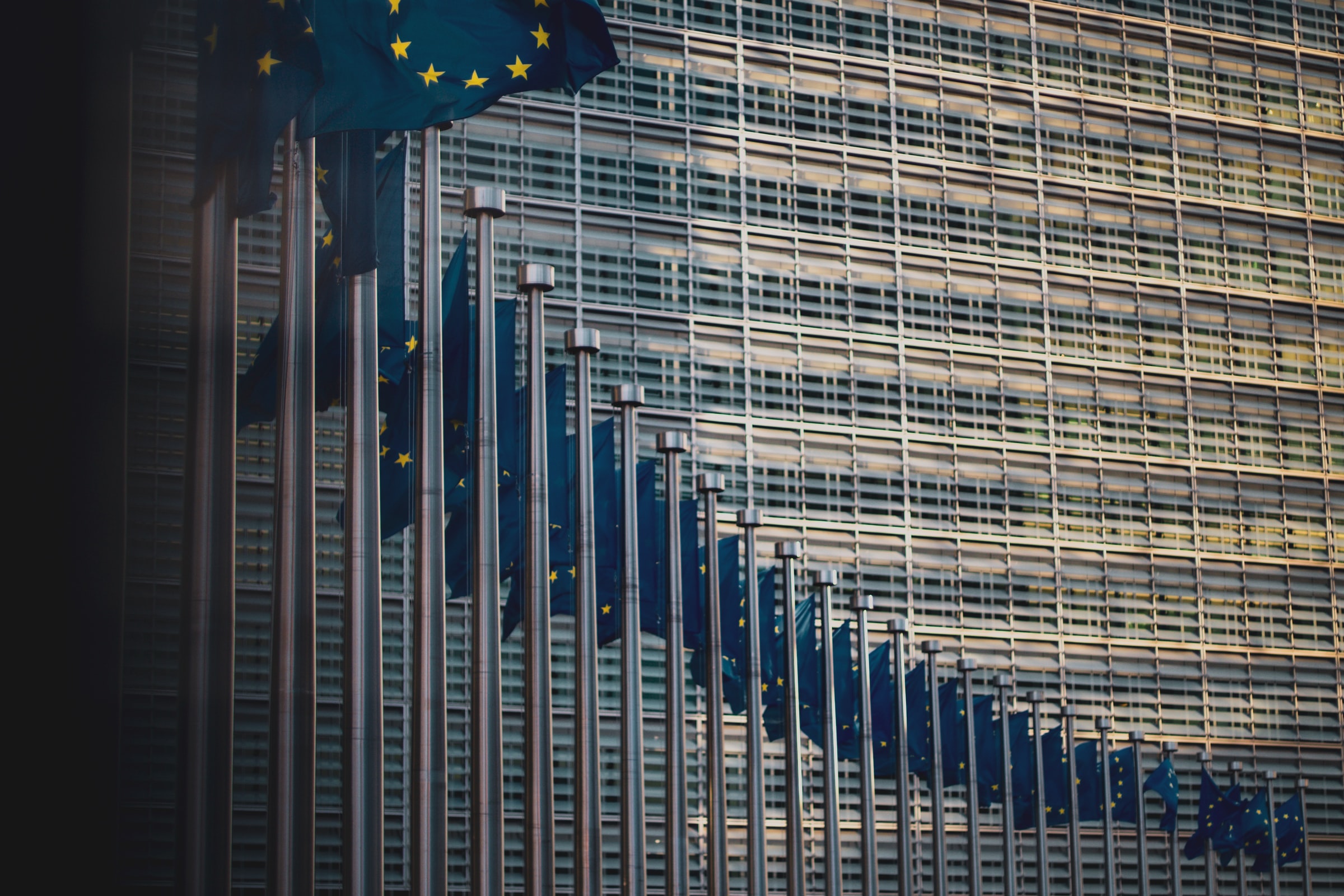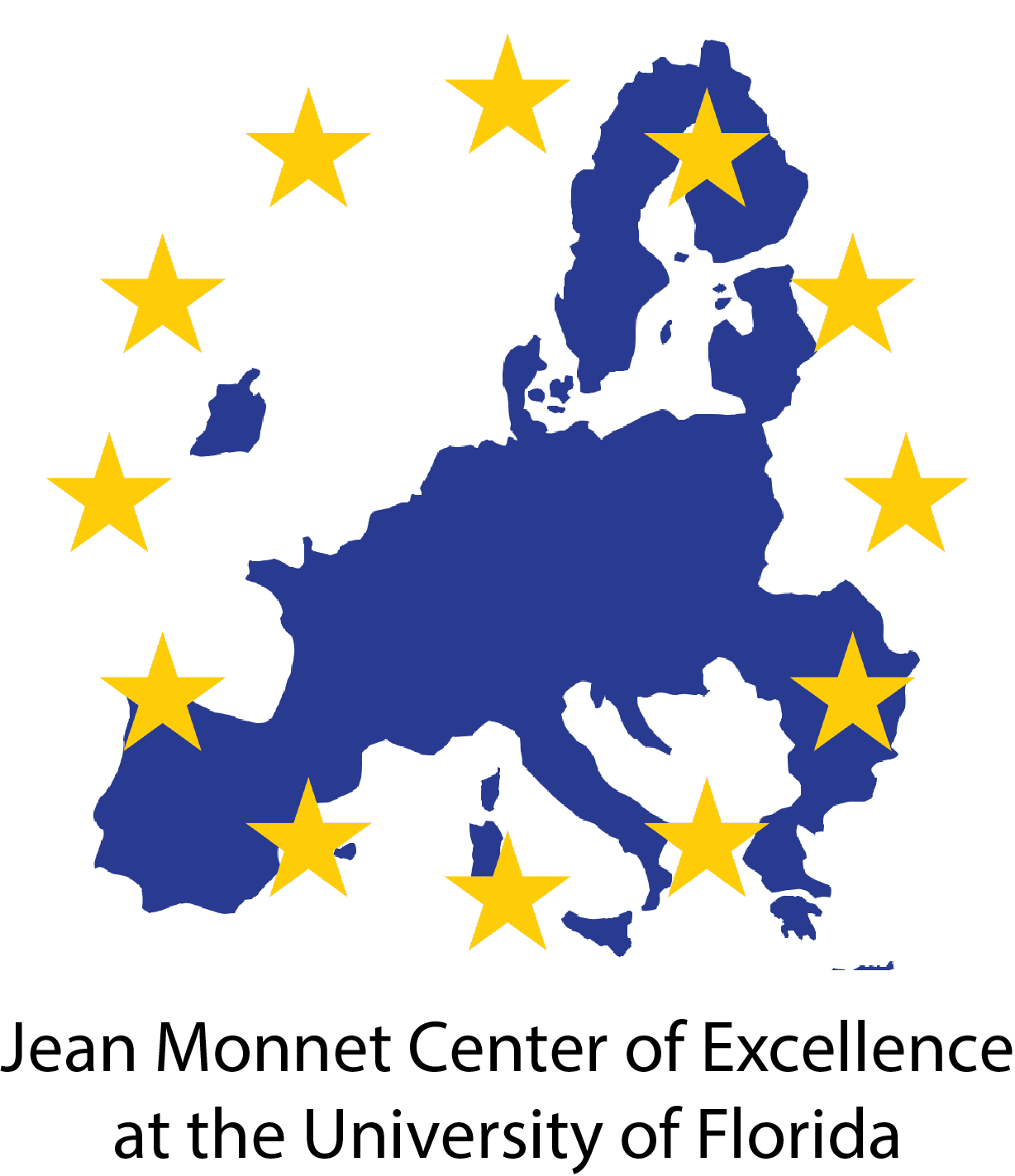EU Enlargement
This course is one of a new series of 1-credit courses utilizing practitioners to teach students on a variety of topics related to European and EU studies. These classes combine academic discussion with real world insights from the instructors’ based on their experiences working in, with or for the European Union.
The EU in Practice courses are a unique, one-time opportunity for students to engage with practitioners and policy makers.
In fall 2022, the course will be taught online, Tuesdays period 8 (3:00 – 3:50 pm), with the final class in person when our guest instructor will be in Gainesville to meet with students. This semester the course will explore the challenges and politics of EU enlargement.
The European Union has grown from a community of 6 member states to a union of 27, yet with each subsequent enlargement the EU has faced questions of growing political, cultural, and economic divides between member states. What is the process of enlargement from candidate country to completion of negotiations? What is the experience for an accession country? The is 1-credit course will explore the enlargement process bringing insights from the case of Croatia, which is the newest member state of the EU and joined in 2013. Our instructor will draw upon his work with the Croatian government during their accession negotiations.
This course will consist of five topics including, introduction to the accession process and its evolution, the specific case of the Croatian accession process, the future of the enlargement process of the EU with a focus on the status of the Western Balkan countries and Ukraine, the experience of Croatia in the EU, including its experience holding the EU presidency, and EU enlargement as foreign policy – focusing on the European Neighborhood Policy and Global Gateway as the new EU strategy.
Meet the instructor

Kristijan Ležaić has 14 years of experience serving as a civil servant on EU-related matters in several Ministries in Croatia, such as the Ministry of Regional development and the Ministry of Sea, Transport and Infrastructure. He worked as a project Manager of EU-funded projects and was a mid-level manager of Project Implementation and Evaluation Units.
His most recent experience was the role of Chairman of the Intermodal Working Group during the first Croatian presidency of the Council of EU in 2020 in Brussels, where he spent two years. Kristijan is an economist and holds a Master’s degree in advanced European and International Studies from Institut Europeen des Hautes Etudes Internationales from Nice/Berlin.
Course Materials
- Syllabus
- Overview of EU Institutions and Enlargement
- EU Enlargement Process and Phases
- Why is Enlargement (Still) Attractive
- Croatia’s History and Application for EU Membership
- Croatia: From Positive Avis to Fully Fledged Member
- Croatia: Strings Attached to EU Membership
- Western Balkans on EU Path
- Enlargement as a Tool of Foreign Policy
- Enlargement as a Tool of Democratization
- Global Gateway
- Croatia: 10 Years of Membership, EU Council Presidency


